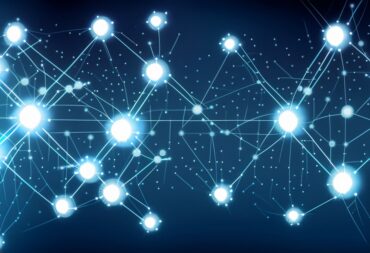Sensors will measure water quality and flows, allowing farmers to increase yields while reducing costs.
Ericsson’s “Connected Aquaponics” app will combine aquaculture and hydroponics to reuse ammonia-rich wastewater in an Indian village for organic farming, allowing the water to be recycled.
Earlier this year Ericsson began a collaboration with the Andhra Pradesh government and the University of California, Berkeley with the goal of improving the lives of farmers in Andhra Pradesh’s Mori village.
Under the connected aquaponics system, sensors and actuators measure water quality, flow, and levels, and automatically distribute water depending on the needs of each farmer. This system can also help reduce problems during monsoon season and during flood events.
The result is higher farming yields while reducing costs through use of raw materials and recycled water at the natural Godavari basin.
“The ‘Connected Aquaponics’ and ‘Smart Water Grid Management’ IoT solutions being demonstrated here will help improve harvest and optimize water distribution. It has the potential to provide an improved life for millions of farmers in the country,” said Anand Varadarajan of Ericsson India in a statement. “Using wireless sensor network and Ericsson’s AppIOT platform, we enable the monitoring of the aqua farm 24×7, thereby enabling the farmers with real-time information.”




























